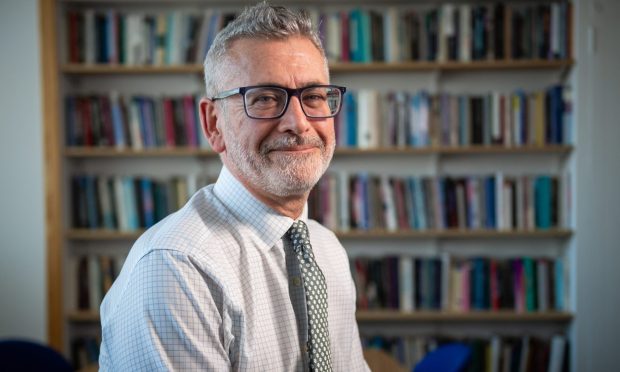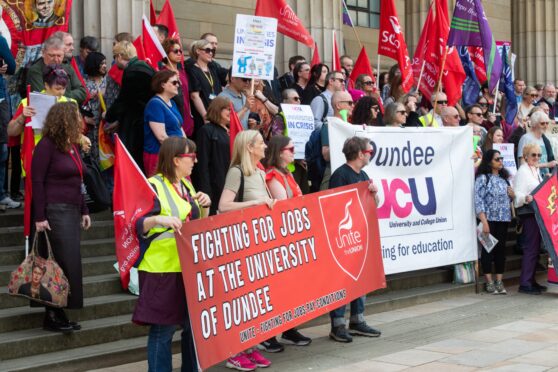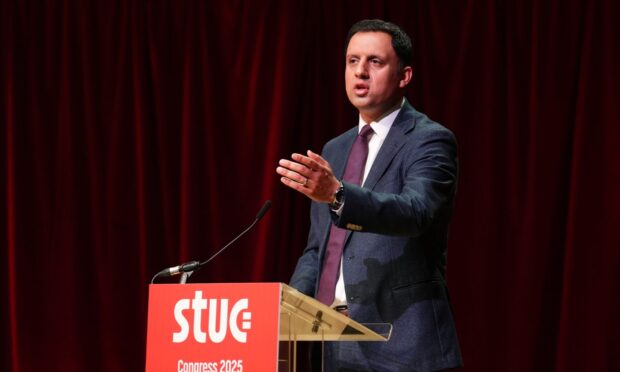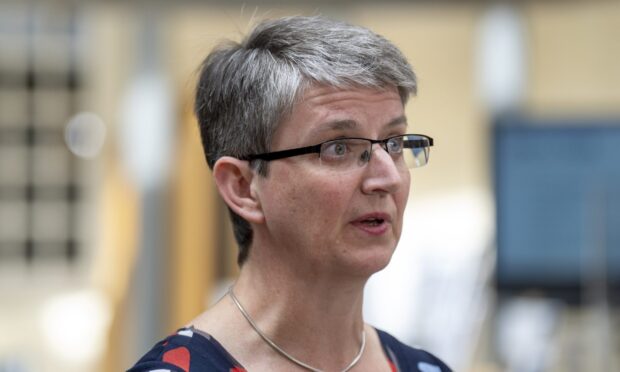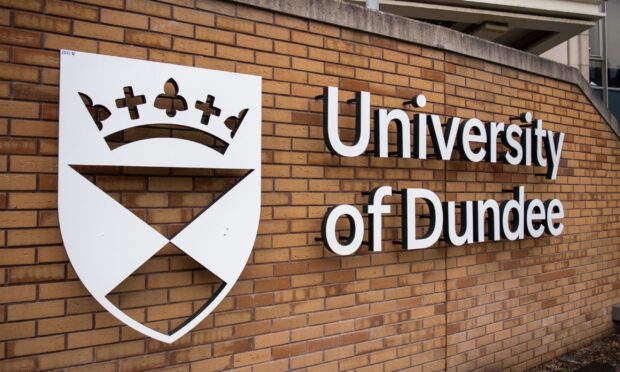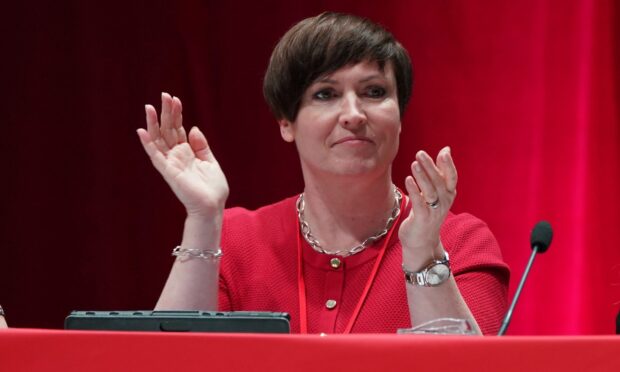The two new Scottish cases of coronavirus have been confirmed in Grampian and Ayrshire.
It brings the total number of cases in Scotland to three, with another previously confirmed in Tayside.
The Scottish Government said both patients are currently “clinically well” and are “receiving appropriate clinical care”.
The two patients were confirmed positive for Covid-19 on Tuesday night, with Scottish health secretary Jeane Freeman confirming the news on Wednesday morning.
One of the patients had recently travelled to northern Italy.
The other had made contact with a “known positive case” – but not the person from Tayside who contracted the illness.
We expect the number of cases to rise and Scotland is well-prepared for a significant outbreak of coronavirus.
Contact tracing – the process of detailing who the new patients have made contact with, and where they have visited – is already under way.
Ms Freeman said Scotland is prepared for a “significant outbreak” of the disease.
She added: “Our first thoughts must be with the patients diagnosed with coronavirus, I wish them a full and speedy recovery.
“We expect the number of cases to rise and Scotland is well-prepared for a significant outbreak of coronavirus.
“There is currently no treatment or vaccine so early detection measures will continue to be vital in helping to prevent the spread of the virus.
“People have a vital role to play in helping us contain any outbreak by following the latest health and travel advice, and following basic hygiene precautions, such as washing hands frequently, not touching their face and covering their nose and mouth with a tissue when coughing or sneezing.”
Dr Catherine Calderwood, Scotland’s chief medical officer added: “Firstly our thoughts are with those who have been diagnosed, and with their families.
“Scotland is well equipped to deal with infections of this kind. We have a proven track record of dealing with challenging health issues, and have been preparing for this possibility since the beginning of the outbreak.
“We practice and prepare our response to disease outbreaks and follow tried and tested procedures, following the highest safety standards possible for the protection of NHS staff, patients and the public.”
Ms Freeman previously said two new cases had been confirmed overnight.
Speaking earlier on BBC Radio’s Good Morning Scotland, Ms Freeman said “Overnight, we were informed of two more cases.
“Obviously, at this point there isn’t any more I can say about that. We will release more information later.”
Scotland’s first case emerged on Sunday, in a Tayside patient who had recently returned from Italy.
Asked if the new cases are also in Tayside or are elsewhere in Scotland, she said she was unable to say more.
“There are a number of steps that we need to go through with the patients concerned before we can release any level of information.
“Partly it’s about patient confidentiality, and partly it’s about making sure we get the right clinical responses to cases.”
She added that more information will be released “later in the day”.
She said the Government was looking at capacity in the NHS and “what more we can do now in order to create additional headroom inside the health service”.
Consideration was also being given to how to increase capacity in areas of the NHS such as high oxygen therapy for patients, Mr Freeman said.
Meetings were also taking place with local government leaders at Cosla to see what can be done to ensure patients do not have to stay in hospital longer than was needed because they were waiting for care arrangements.
The health secretary said: “There is more than we need to do, we still have too many people not leaving at the point when the hospital has finished delivering clinical care.”
She spoke after figures published on Tuesday showed that the problem of delayed discharge had reached a new high.
Ms Freeman has already told MSPs that emergency legislation could be introduced to support efforts to deal with the coronavirus.
This could allow the Scottish Government to take “extraordinary” action, such as making vaccinations compulsory for healthcare workers.
The emergency legislation, which is expected to be passed in Westminster later this month, will also waive some regulations to make it easier for former NHS Scotland staff to return to their old jobs to ease the pressure on the health service.

